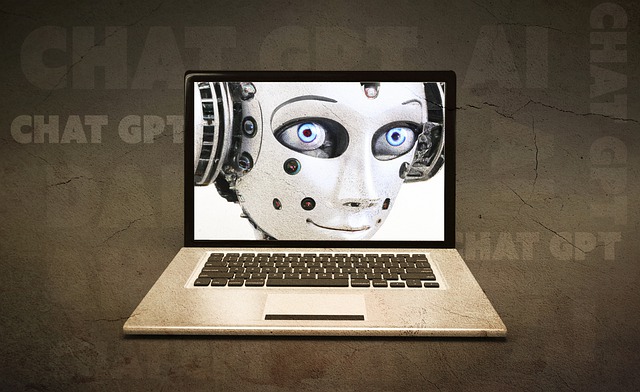Section 1: The Rise of AI Technology in Business
Artificial intelligence (AI) technology has been rapidly evolving in recent years and has become an essential tool for businesses looking to stay ahead in today’s fast-paced and competitive market. From automating mundane tasks to predicting consumer behavior, AI has proven to be a game-changer in increasing productivity and driving innovation. This advanced technology has also sparked a revolution in the way businesses approach creativity, unleashing a whole new world of possibilities.
In the past, creativity was often seen as a purely human trait, something that could not be replicated or replaced by machines. However, with the rise of AI technology, this notion is being challenged. AI has the ability to analyze vast amounts of data, identify patterns, and generate new ideas, making it a powerful tool for unlocking creativity and driving business success.
Section 2: Enhancing Productivity with AI
One of the main benefits of AI technology in business is its ability to enhance productivity. By automating routine tasks, AI frees up employees’ time, allowing them to focus on more complex and creative work. For example, AI-powered chatbots can handle customer inquiries, freeing up customer service representatives to focus on solving more complex issues. This not only improves efficiency but also allows employees to use their skills and creativity in more meaningful ways.
Moreover, AI technology can also assist in decision-making processes, helping businesses make data-driven and strategic decisions. By analyzing vast amounts of data in real-time, AI can provide insights and predictions that can aid in identifying new opportunities and optimizing business operations. This allows businesses to make more informed and efficient decisions, ultimately leading to increased productivity and success.
Section 3: Redefining Creativity with AI
While AI’s ability to enhance productivity is impressive, its impact on creativity is even more groundbreaking. AI technology can analyze data and generate new ideas, pushing the boundaries of what was previously thought possible. This has opened up a whole new world of opportunities for businesses to innovate and create.
One of the most significant ways AI is redefining creativity is through its ability to generate new and unique ideas. By analyzing vast amounts of data, AI can identify patterns and connections that humans may not have noticed, leading to the creation of new ideas and solutions. This has been particularly beneficial in industries such as advertising and marketing, where AI-powered algorithms can generate personalized and targeted content for different audiences.
Moreover, AI technology can also assist in the creative process by providing inspiration and suggestions. For example, AI-powered tools can analyze an artist’s previous work and suggest new ideas or styles to explore. This not only saves time but also allows for the creation of more diverse and innovative works.
Another way AI is redefining creativity is by enabling businesses to personalize their products and services. With AI technology, businesses can analyze consumer data and preferences to create personalized experiences for their customers. This can range from personalized product recommendations to customized marketing campaigns, ultimately leading to increased customer satisfaction and loyalty.
The Impact of AI on Business
The integration of AI technology in business has already had a significant impact on various industries and is set to continue shaping the future of work. According to a report by McKinsey, AI has the potential to contribute an additional $13 trillion to the global economy by 2030. This is a testament to the transformative power of AI and its ability to drive business growth and success.
However, the adoption of AI technology also brings about new challenges and considerations for businesses. One of the main concerns is the potential displacement of jobs as AI automates routine tasks. While this may be a valid concern, it is essential to note that AI technology also creates new job opportunities in areas such as data analysis, AI development, and more. Therefore, it is crucial for businesses to invest in upskilling and reskilling their employees to adapt to the changing landscape.
Another consideration is the ethical implications of AI, particularly in terms of data privacy and bias. As AI technology becomes more advanced, it is essential for businesses to prioritize ethical practices and ensure that AI algorithms are fair and unbiased.
Conclusion
In conclusion, AI technology is transforming the way businesses operate, unleashing creativity, and redefining productivity. By automating routine tasks and providing insights and suggestions, AI is freeing up employees’ time and allowing them to focus on more creative and meaningful work. This, in turn, is driving innovation and success for businesses across various industries. As AI continues to evolve, it is crucial for businesses to embrace and adapt to this technology to stay ahead in today’s competitive market.











